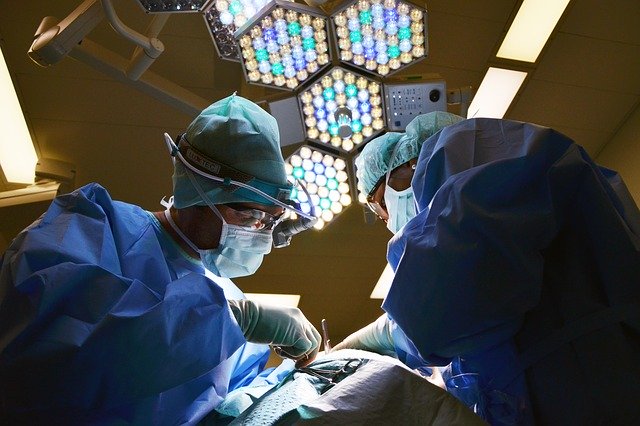Junior doctors in England have voted overwhelmingly for strike action with a 72-hour work stoppage already in the works for next month.
The British Medical Association (BMA) said it was the largest ever turnout for a ballot of doctors by the union and it saw a record number of junior doctors voting for strike action.
More than 77% of the 47,600 junior doctors in England eligible to vote had their say with 98% of the 37,000 votes cast in favour of strike action.
The move is the latest in the ongoing pay dispute with the Conservative government after a 2% pay rise was rejected after years of below cost of living increases.
The BMA is also conducting a consultative ballot of consultants in England to determine whether they would be prepared to take future industrial action.
Nurses and paramedics across the country have already conducted several days of strikes as healthcare workers continue to be frustrated with the government’s approach to funding and managing the NHS.
“With no meaningful engagement from the UK government on pay, despite several letters and the BMA’s meeting with the health secretary in January, junior doctors in England will now prepare for a 72-hour walkout next month,” the union said.
No date has yet been announced for the walk-out.
‘Crisis of government’s making’
The BMA noted that the overwhelming support in the vote showed the strength of feeling among most of England’s junior doctors and criticised government inaction for triggering the strike.
BMA junior doctors committee co-chairs Dr Robert Laurenson and Dr Vivek Trivedi said: “We are frustrated, in despair and angry and we have voted in our thousands to say, ‘in the name of our profession, our patients, and our NHS, doctors won’t take it anymore.’
“The government has only itself to blame, standing by in silent indifference as our members are forced to take this difficult decision.
“We have had a real-terms pay cut of more than 26 % since 2008. This year we were offered an insulting 2% pay, which means with inflation at over 10%, we are working more than a month for free.
“Added to that, ever-worsening conditions mean more doctors are being lured away from the NHS to seek better paid medical careers and quality of life elsewhere.
“There is no doubt that this is a crisis, but it is of the government’s making – so far refusing to have any meaningful discussions with us about pay.
“The road to recovery must start with ministers listening to us and paying us what we’re worth.”
‘Deeply disappointing’
When contacted by Health & Protection the Department for Health and Social Care did not answer if an improved offer would be put forward following the announcement.
Health and social care secretary Steve Barclay has already been criticised by the Review Body on Doctors’ and Dentists’ Remuneration (DDRB) for not submitting evidence more than a month after the deadline.
This, Barclay was warned, could potentially derail and compromise the review process for the 2023-24 financial year.
In response to the BMA announcement, a statement from Barclay said the work of junior doctors was hugely valued and it was “deeply disappointing some union members have voted for strike action”.
“As part of a multi-year deal we agreed with the BMA, junior doctors pay has increased by a cumulative 8.2% since 2019/20,” Barclay said.
“We also introduced a higher pay band for the most experienced staff and increased rates for night shifts.
“I’ve met with the BMA and other medical unions to discuss what is fair and affordable, as well as wider concerns around conditions and workload. I want to continue discussing how we can make the make the NHS a better place to work for all.”
